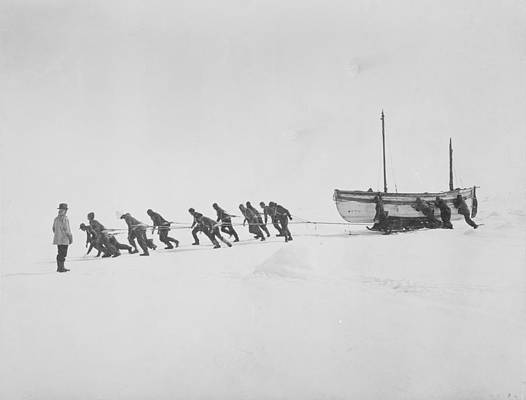The biography is interesting both for what it says and for what it omits. It’s remarkably thin in terms of content or juicy gossip. Merkel developed deep habits of paranoia when she lived in East Germany, so much so that years later she refused to use text or email. Her…
Month: July 2023
Reviews

Read more

Genius Makers by Cade Metz
This book is about the renaissance of artificial intelligence (via neural networks) in the early 2000s. The bones of the technology were developed at Cornell University in the 1950s but due to a combination of skepticism in the field and lack of computing power, the idea of the neural network…
Reviews

Read more

Shackleton, By Endurance We Conquer by Michael Smith
I recently read “The Last Viking”, a biography of Roald Amundsen, the first man to traverse the Northwest passage, the first to reach the North Pole by airship (and possibly at all) and the first to reach the South Pole. It opened my eyes to the heroic age of polar…
